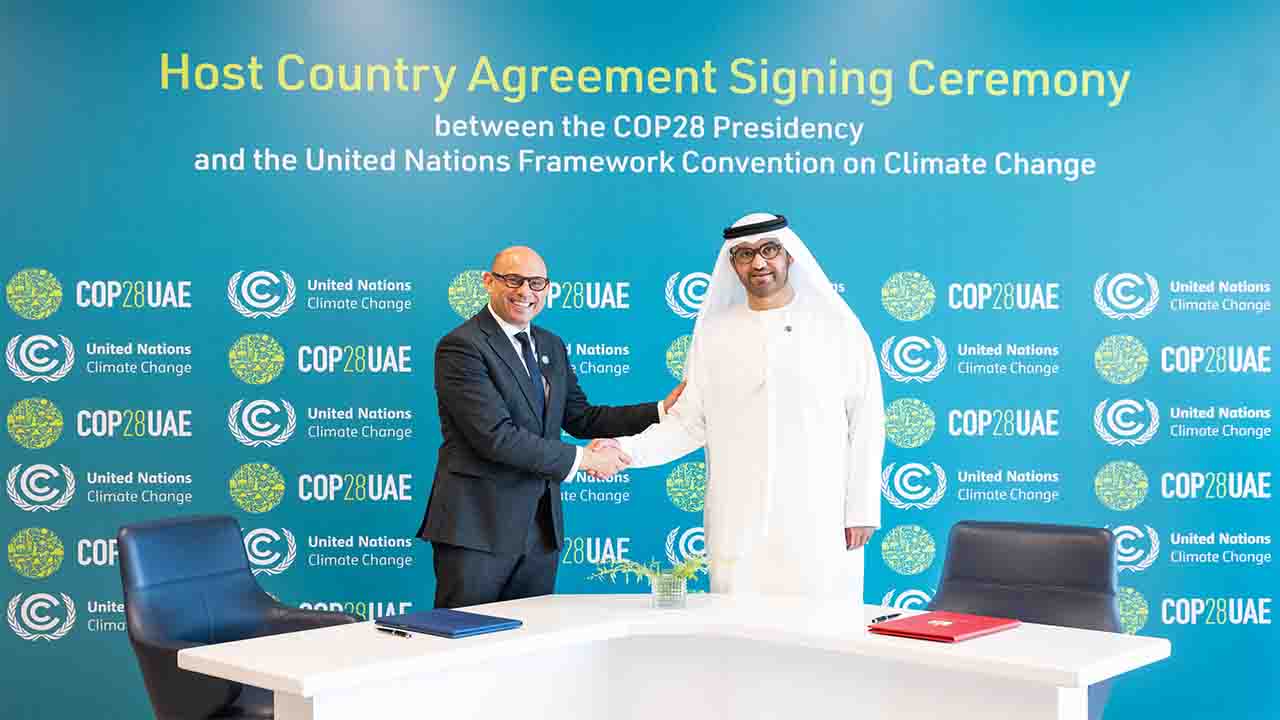COP28, the 28th United Nations Climate Change Conference, is scheduled to take place in Dubai, United Arab Emirates from November 30 to December 12, 2023. The conference is expected to bring together world leaders, policymakers, businesses, and civil society groups to discuss the global climate crisis and work towards solutions.
In recent years, there has been a growing recognition of the important role that youth activists, indigenous communities, and civil society groups play in shaping the discourse on climate change. These groups are often at the forefront of the fight against climate change, and their voices are essential to ensuring that COP28 is a success.
Youth activists
Youth activists have been at the forefront of the climate movement for years. They have organized protests, marches, and other events to raise awareness of the climate crisis and demand action from world leaders. At COP28, youth activists are expected to continue to play a leading role, pushing for ambitious climate goals and holding governments and businesses accountable.
Some of the key demands of youth activists include:
- A rapid transition to a 100% renewable energy future
- A just and equitable transition that leaves no one behind
- Climate justice for the most vulnerable communities
- Increased funding for climate adaptation and mitigation in developing countries
Indigenous communities
Indigenous communities are disproportionately affected by climate change. They often live in areas that are highly vulnerable to the impacts of climate change, such as sea level rise, extreme weather events, and desertification. At COP28, indigenous communities will be advocating for their rights and the protection of their traditional lands and livelihoods.
Some of the key demands of indigenous communities include:
- Recognition of their traditional knowledge and practices in climate policy
- Increased funding for climate adaptation and mitigation in indigenous communities
- A say in the development and implementation of climate projects on their lands
- Respect for their right to free, prior, and informed consent
Civil society groups
Civil society groups play a vital role in holding governments and businesses accountable on climate change. They also play an important role in raising awareness of the issue and mobilizing public support for climate action. At COP28, civil society groups will be working to ensure that the conference is inclusive and that the voices of the most vulnerable communities are heard.
Some of the key demands of civil society groups include:
- Increased ambition on climate goals
- A just and equitable transition to a low-carbon economy
- Increased funding for climate adaptation and mitigation in developing countries
- Transparency and accountability from governments and businesses on climate action
How are grassroots movements influencing climate action on a global scale?
Grassroots movements are influencing climate action on a global scale in a number of ways. First, they are raising awareness of the climate crisis and mobilizing public support for action. Second, they are pushing for ambitious climate goals and holding governments and businesses accountable. Third, they are developing and implementing innovative climate solutions.
For example, youth activists have played a key role in pressuring governments to adopt more ambitious climate goals. In the United States, the youth-led Sunrise Movement has been instrumental in pushing the Green New Deal, a bold plan to address the climate crisis and create millions of good-paying jobs.
Indigenous communities are also playing a leading role in developing and implementing climate solutions. For example, the Maori people of New Zealand have developed a number of innovative climate adaptation measures, such as planting mangroves to protect coastal communities from sea level rise.
Civil society groups are also working to hold governments and businesses accountable on climate change. For example, the Climate Accountability Institute tracks and reports on the greenhouse gas emissions of major corporations.
Grassroots movements are playing an increasingly important role in shaping the climate discourse and influencing climate action on a global scale. At COP28, youth activists, indigenous communities, and civil society groups will be working to ensure that the conference is a success and that the world takes the necessary action to address the climate crisis.
Here are some specific examples of how grassroots movements are influencing climate action on a global scale:
- The Black Lives Matter movement has highlighted the intersection between climate justice and racial justice. This has led to a growing recognition of the need to address the disproportionate impacts of climate change on marginalized communities.
- The #FridaysForFuture movement, led by Swedish activist Greta Thunberg, has inspired millions of young people around the world to take action on climate change. The movement has put pressure on governments to adopt more ambitious climate goals.
- The Extinction Rebellion movement has used civil disobedience to protest government inaction on climate change. The movement has raised awareness of the climate crisis and mobilized public support for action.
These are just a few examples of the many ways in which grassroots movements are influencing climate action on a global scale. As the climate crisis intensifies, we can expect to see these movements become even more powerful and influential








